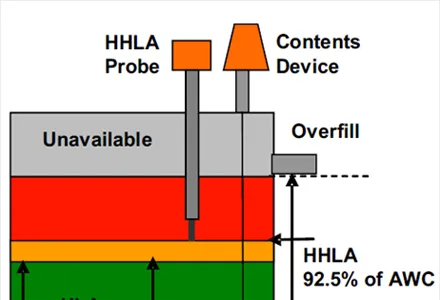Italian bitumen plant manufacturer
The firm has also sold one of these, its 400th emulsion plant, into the French overseas department of Reunion, an island in the Indian Ocean.
The plant has been installed by ENROBES REUNION, a subsidiary of LA FINANCIERE JANAR which specialises in public works as well as general application of bituminous material.
During this start-up, MASSENZA issued a special certificate to ENROBES REUNION as proud owner of the 400th plant.
Based in the town of Saint Pierre on Ile de La Reunion, ENROBES REUNION works across the island on all types of road contracts with an eye to being especially efficient in production but also environmentally responsible. The aspirations of ENROBES REUNION match those of MASSENZA which aims to achieve the highest customer satisfaction and have made for a good partnership. A MASSENZA technician ensured proper start of the plant operation and also trained local staff in its efficient use.
Environmental issues are now more than ever shaping decisions that governments make when it comes to road building which means contactors have to prove their credentials, said Diego Massenza, who has been in the business for 15 years and is now general manager.
MASSENZA, a 70-year-old company based in Fidenza, Italy, launched its new generation of emulsion plants with capacity from 1-15tonnes/hour at the end of 2014 and which have been received well by its clients worldwide, said Massenza.
Customers have particularly appreciated the new special plastic material used for the water phase tank, or tanks. This effectively prevents corrosion due to water acidity, an issue that has shortened the lifetime of many emulsion plants over the years, he explained.
Also appreciated is the innovative water-phase additive dosing system where the same pumps manage both the loading and unloading of the liquid chemicals. This ensures the exact dosage every time and also limits operator involvement for chemicals handling.
MASSENZA’s compact bitumen plant for small batches
Italian bitumen plant manufacturer MASSENZA has developed its EASY 3500 SK unit as an entry model for emulsion manufacturing businesses that are on tight budgets and require small production batches of 1-3tonnes/hour. The firm has also sold one of these, its 400th emulsion plant, into the French overseas department of Reunion, an island in the Indian Ocean.
May 19, 2015
Read time: 2 mins









